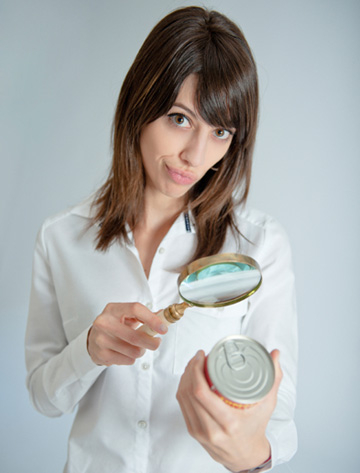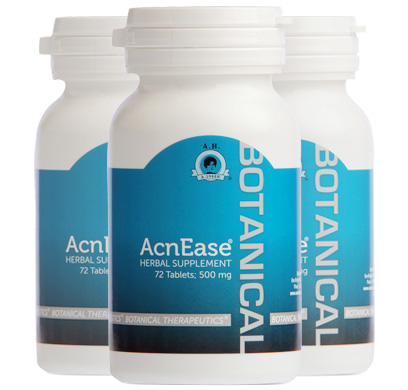Does "Natural" Really Mean "Natural"?
December 12 2013

How to Become a Pro at Reading Product LabelsHow to Become a Pro at Reading Product Labels
Everything we put into and on our bodies affects our health and the health of our skin. And everything that goes into our bodies can be classified as either natural or artificial. These days, believe it or not, when a product is labeled "natural," some or many of the listed ingredients may actually be artificial or, contain an insignificant amount of a natural ingredient which may do not provide any real benefits. Just because something says it's natural, doesn't mean it is. It also does not mean that it is good for you. Using the word "natural" has become a marketing gimmick, and as a result, you may often be lead down the wrong path.
A product labelled "natural" might not mean what you think it means. And you might be paying extra for a product that isn't much better than the one that's not labelled "natural."
What does "natural" even mean?
The common definition of "natural": means derived from or made by nature. The FDA defines natural ingredients as those derived from natural sources, such as lecithin derived from soybeans and corn. But did you know the majority of soybeans and corn are genetically modified here in the US?
Ingredients not found in nature are synthetically produced and are referred to as artificial ingredients. Actually, there are some ingredients that are found in nature but are still produced synthetically. For example, vitamin C or ascorbic acid is often produced in a lab even though it may be derived from an orange or rose hips.
The term "natural" is broadly used to describe foods, drinks, supplements and even cosmetics that are minimally processed and free of synthetic preservatives; additives, artificial colors, flavors, sweeteners; stabilizers, emulsifiers, growth hormones, antibiotics and hydrogenated oils. The key phrase when we're talking about "natural" labels is broadly used. It doesn't mean that every ingredient in the food or other products has all of the above-mentioned characteristics, or that the product is 100% natural.
So how do we figure out the truth?
First of all, don't get too hung up on a product being labelled "natural." The most important thing to do is read the label. If you've never read a label before, look near the bottom or a side of a product for where it says "ingredients." The ingredients are listed in descending order of predominance by weight or percentage, which means the ones listed first are the most predominant in the product, and there is a lesser amount of the ingredients listed last. And please take note of this: if the only natural ingredient is listed last after the other artificial ingredients, you can bet that the product is not really natural.
So, review all the ingredients. Do you recognize them or even use them when you cook? Or do some sound like an invention out of a sci-fi movie? If it sounds manmade, chances are it's an artificial ingredient-and isn't something you want to put into or on your body. And if you're not sure, just double check with a trusted source online. There's a wealth of knowledge out there that can help you stay healthy.
Once you've been reading labels a while, you'll become a pro, and the whole process will go much quicker. Most importantly, you'll be able to rest easy knowing that the things you and your family are eating and using aren't negatively affecting your skin (or your overall health).
With all that is said, here is a word of caution: although eating truly natural foods or using mostly natural skincare products may be a great adjunct in treating acne, it will not treat your acne. To treat acne, you need to rebalance the body and "reprogram" the sebaceous glands to produce a "normal" amount of sebum.
Final thought
So now that you're on your way to becoming a pro at reading labels, remember how you're one step closer to not only helping break the cycle of acne but also creating a healthier lifestyle for you and your loved ones.
With a Promise of Clear Skin,
Dr. A
Add New
Comments
no comments found
